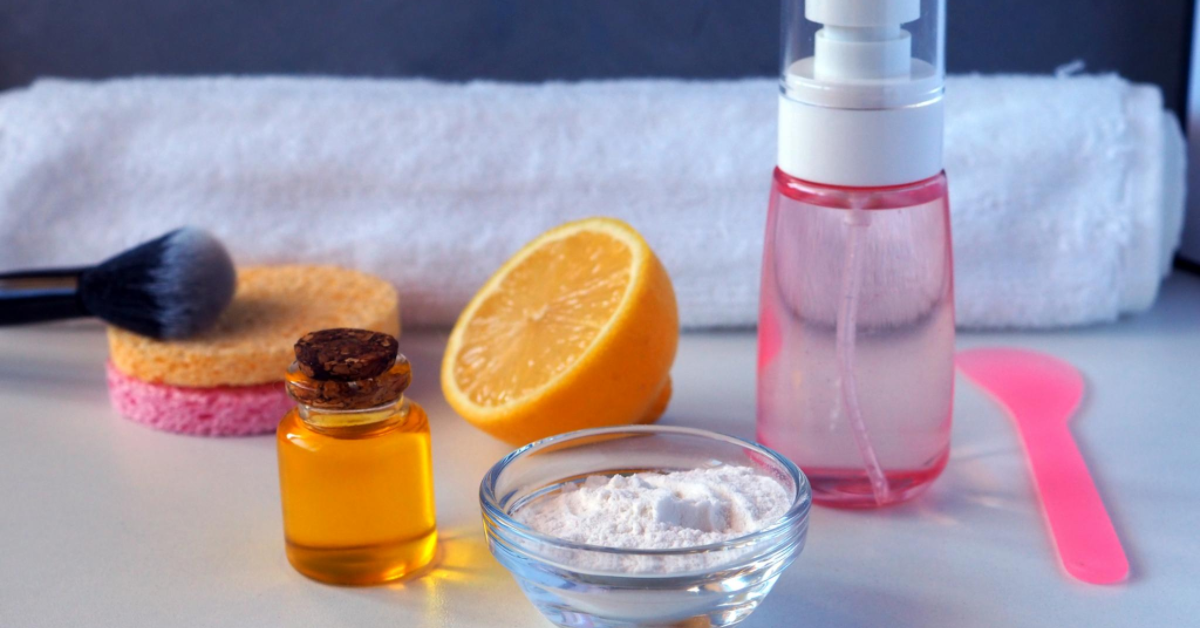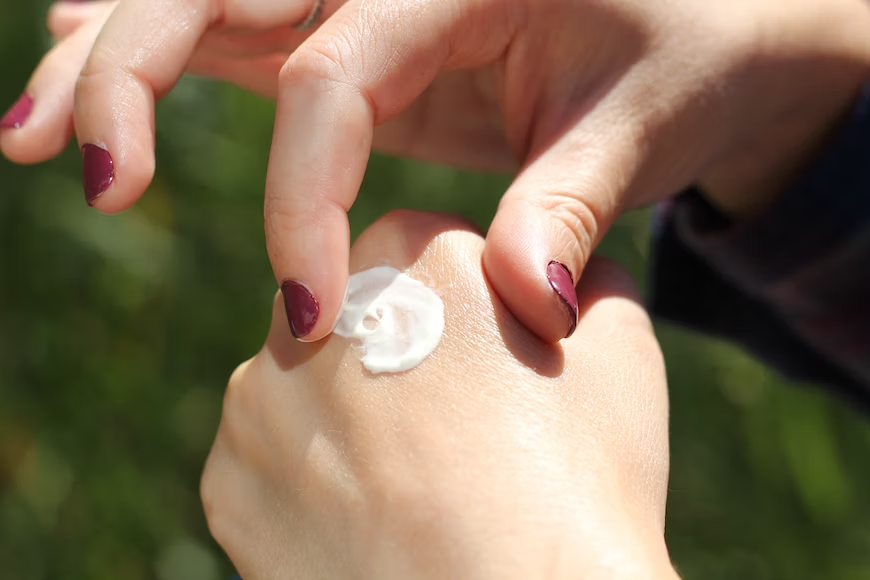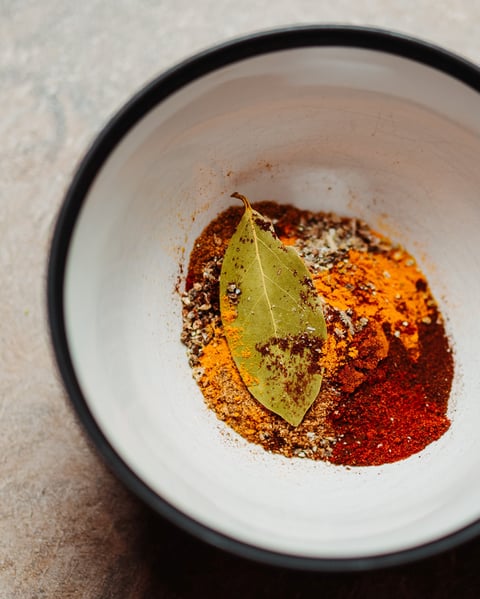
Making the transition towards a vegan lifestyle extends beyond the plate, permeating into the realm of personal care. The contents of your skincare routine can be just as vital as what you put into your body! 🍃🐾
Numerous skincare products we encounter daily harbor ingredients sourced from animals or their byproducts, making them unsuitable for those committed to a vegan lifestyle. Not all these ingredients are clearly labelled, making it crucial to learn what to look out for. Here's an exploration into some common non-vegan ingredients in skincare products to guide you on your journey towards ethical beauty.🧴🌿
Tallow: Derived from the rendered fat of animals, typically cows or sheep. Tallow finds its way into soaps and moisturizers. Vegan alternatives are plant-based oils like coconut, olive, and sunflower oil.
Gelatin: Usually obtained from boiled skin, tendons, ligaments, and/or bones of animals. It's often used in face masks and lotions. Vegan substitutes include pectin, agar-agar, and carrageenan.
Ambergris: Derived from the digestive system of sperm whales and used in perfumes. Synthetic alternatives are available and widely used.
Allantoin: Found in the uric acid of most mammals, but mainly extracted from cows. It's often used in skincare products for its healing, soothing, and anti-irritating properties. Plant-based alternatives include Comfrey Root extract.
Hyaluronic Acid: While it can be vegan, some forms are extracted from rooster combs, making it unsuitable for vegans. Look for brands that source it from plant-based fermentation.
Estrogen or Estradiol: Often derived from pregnant horses' urine and used in restorative creams or lotions. Plant-derived Phytoestrogens are vegan alternatives.
Emu Oil: As the name implies, it's extracted from the fat of emus and used for its anti-inflammatory properties in a variety of products. Plant oils like argan, jojoba, and sunflower oil offer similar benefits and are vegan-friendly.
Placenta: Derived from animals, often sheep, and used in hair growth treatments and revitalizing products. Plant-based oils and extracts can provide similar effects.
Lactoferrin: Derived from milk, particularly cow's milk, and is used in anti-aging products. Vegan alternatives include tea extracts and yeast.
Pearl Powder: Made from crushed pearls and used in skincare products for its brightening properties. Mineral-based alternatives offer similar effects.
Vegan skincare is more than just a trend – it's a commitment to supporting ethical, sustainable, and cruelty-free practices that benefit our planet, animals, and our skin. 💚🌍
 Photo: Unsplash
Photo: Unsplash




